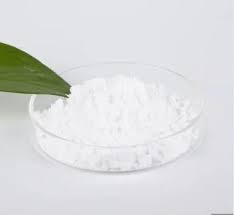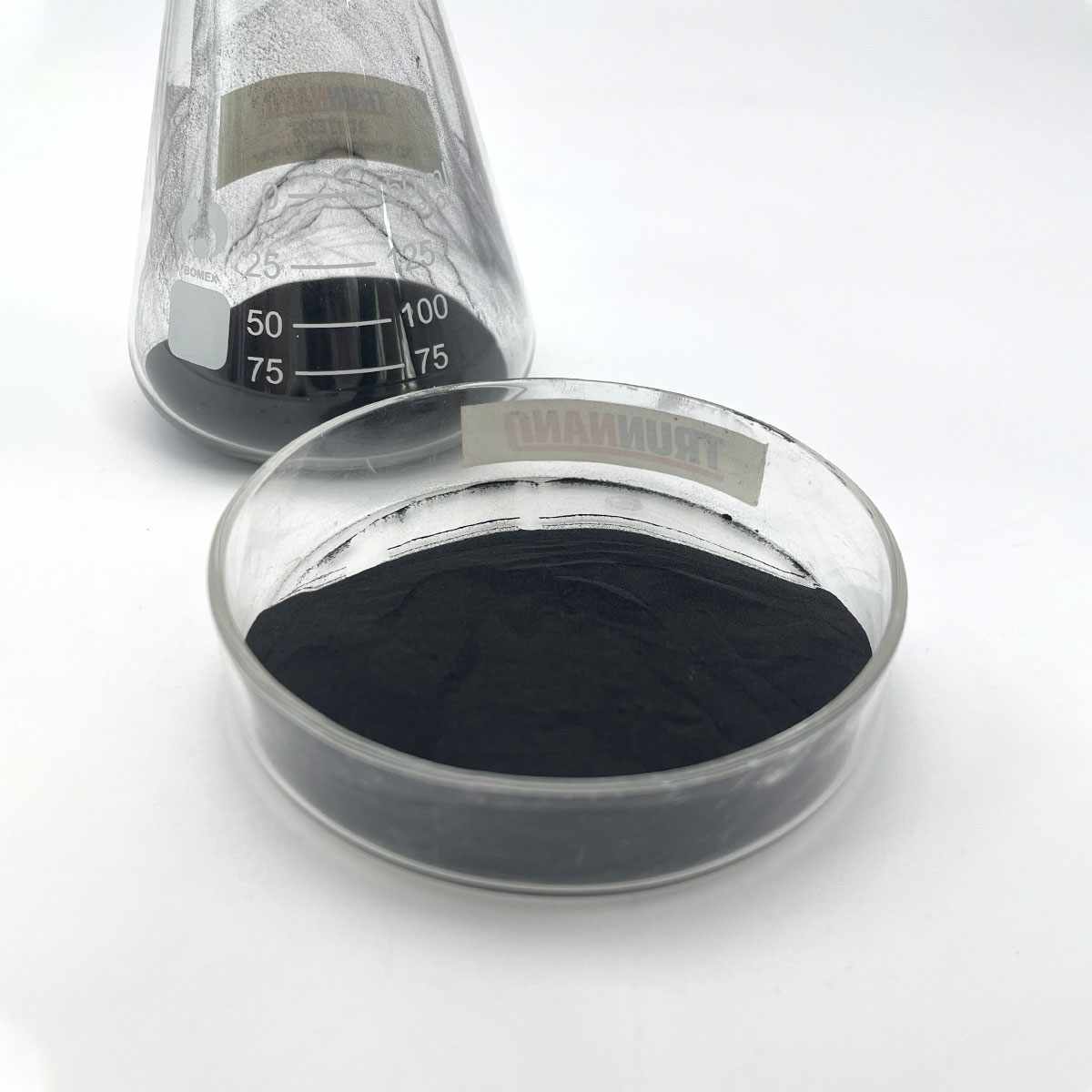Overview of Molybdenum Carbide Powder Mo2C Powder
Metal powder is a common form of metal that has been processed into fine particles, ranging from a few micrometers to over 100 microns in diameter. It plays a crucial role in various industrial applications due to its unique properties and versatility.
Features of Molybdenum Carbide Powder Mo2C Powder
Physical Characteristics
Particle Size: Ranging from nanometers to hundreds of micrometers, the size distribution significantly influences the powder’s flowability, packing density, and sintering behavior.
Shape: Particles can be spherical, irregular, flake-like, or dendritic, each shape affecting the final product’s mechanical properties and surface finish.
Purity: Depending on the production method, metal powders can achieve high levels of purity, critical for applications like electronics and aerospace where impurities can degrade performance.
Density: While less dense than their solid counterparts due to the presence of air between particles, metal powders can be densely packed during processing to approach the density of the solid metal.
Chemical Properties
Reactivity: Some metal powders, particularly aluminum and titanium, are highly reactive with air and moisture, necessitating careful handling and storage under inert atmospheres or vacuum.
Oxidation: Exposure to air can lead to surface oxidation, forming a passive layer that affects sintering and other processes. This can be managed through surface treatment or use of protective atmospheres.

(Molybdenum Carbide Powder Mo2C Powder)
Parameters of Molybdenum Carbide Powder Mo2C Powder
Molybdenum Carbide (Mo2C) Powder: A High-Performance Material for Advanced Applications
Molybdenum carbide (Mo2C), a synthetic compound, is an exceptional material known for its exceptional strength, hardness, and wear resistance. It is a black, metallic-looking powder that finds extensive applications in various industries due to its unique combination of properties. This advanced ceramic material is formed by the reaction between molybdenum metal and carbon at high temperatures, resulting in a microcrystalline structure.
One of the key features of Mo2C powder is its extraordinary hardness, which ranks it among the hardest materials available. With a Vickers hardness of around 30-35 GPa, it surpasses many conventional metals and ceramics. This hardness enables it to withstand extreme mechanical stress and erosion in demanding environments, making it ideal for applications like cutting tools, wear-resistant coatings, and abrasive media.
The material’s high thermal stability and chemical inertness are other critical attributes. Molybdenum carbide maintains its integrity under elevated temperatures, with a melting point of approximately 2700°C, making it suitable for use in high-temperature applications such as heat exchangers, aerospace components, and furnace linings. Its resistance to corrosion by acids, alkalis, and molten salts further enhances its durability in harsh chemical environments.
In addition to its mechanical properties, Mo2C powder boasts an excellent coefficient of friction, which is essential for lubrication and friction management in various industries. It is often used in bearing materials, brake pads, and friction coatings to provide smooth operation and long-lasting performance.
Another fascinating aspect of Mo2C is its superconductivity when subjected to intense magnetic fields and extremely low temperatures. While this property is not widely exploited in powder form, it holds promise for future applications in high-field magnets and quantum computing devices.
Processing techniques play a crucial role in obtaining the desired properties from Mo2C powder. Through sintering or hot pressing, the particles can be compacted into dense structures, improving their mechanical strength and reducing porosity. These processes also allow for customization of the particle size, shape, and distribution, catering to specific application requirements.
Despite its remarkable properties, working with Mo2C powder can present challenges due to its brittleness and sensitivity to moisture. Proper storage and handling techniques are essential to maintain the material’s integrity and prevent degradation. However, advancements in synthesis methods have led to the development of more ductile forms of molybdenum carbide, expanding its potential applications even further.
In conclusion, molybdenum carbide powder is a versatile material with exceptional properties that make it a valuable choice for numerous industrial sectors. Its strength, hardness, thermal stability, and unique superconducting capabilities make it a promising candidate for future innovations. As research and development continue to refine processing techniques, we can expect to see Mo2C powder playing an increasingly significant role in the design and performance of modern technologies.

(Molybdenum Carbide Powder Mo2C Powder)
FAQs of Molybdenum Carbide Powder Mo2C Powder
Inquiry us






